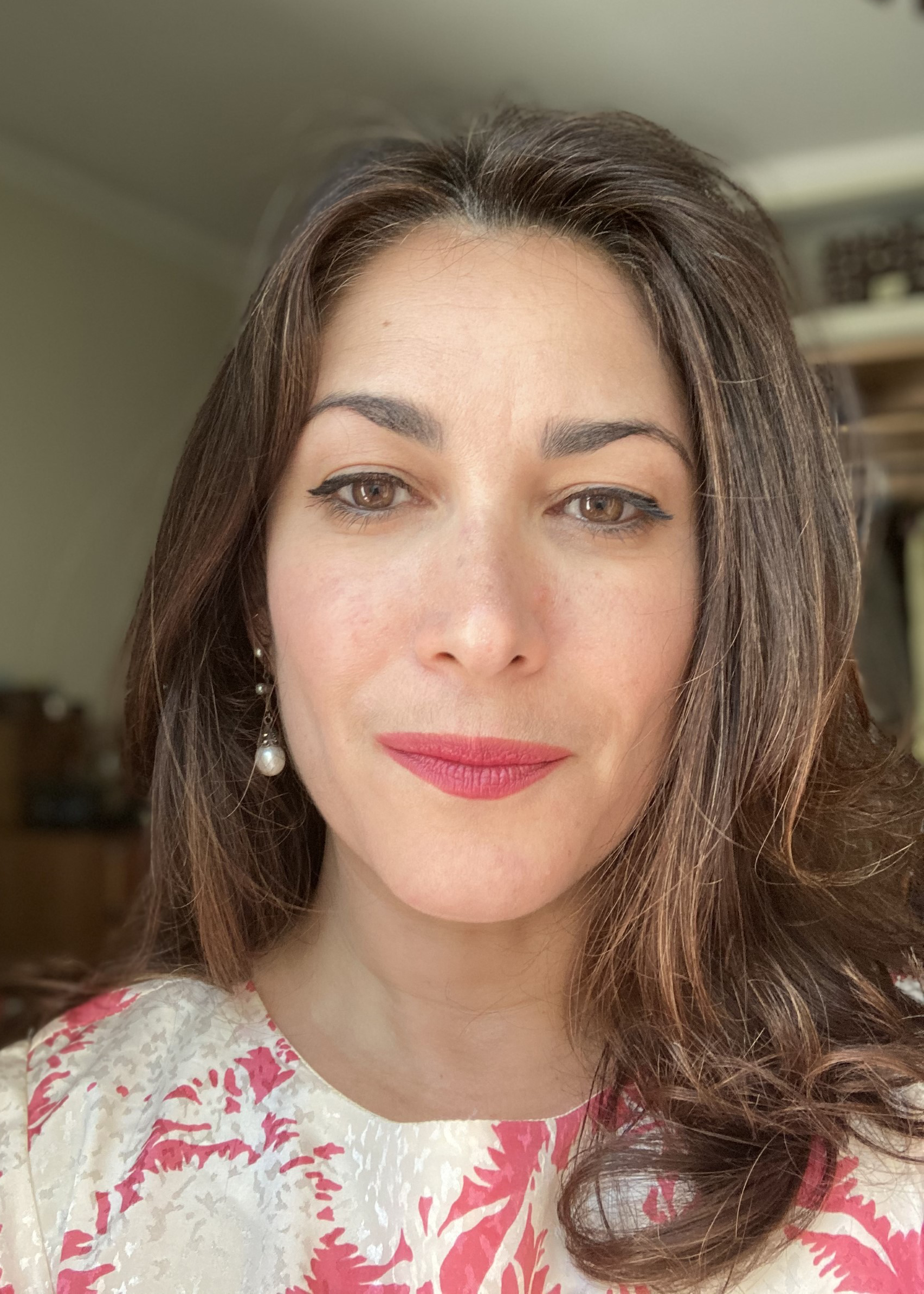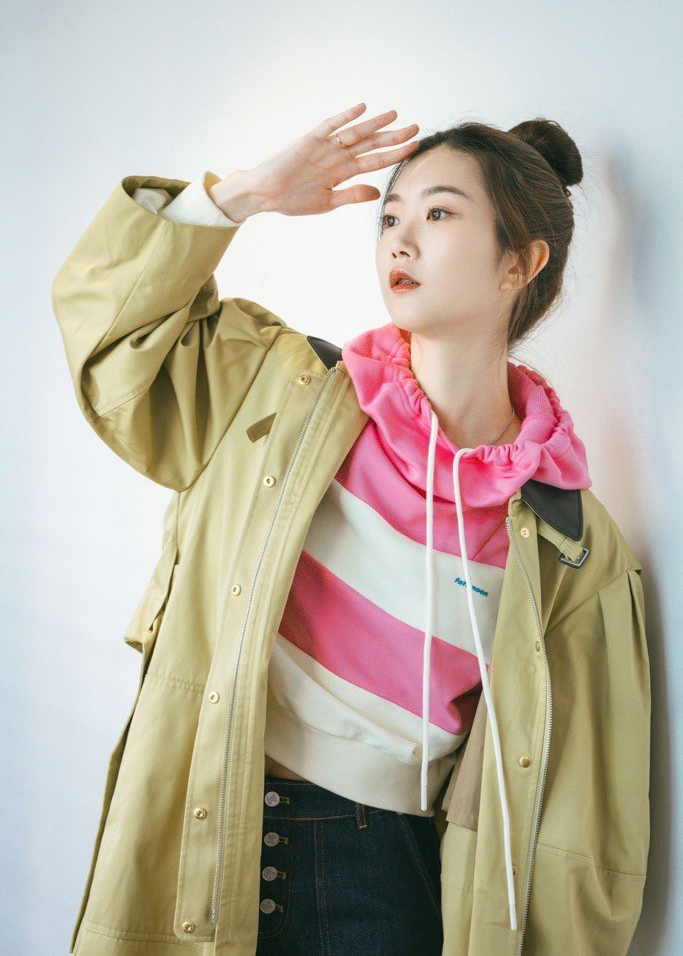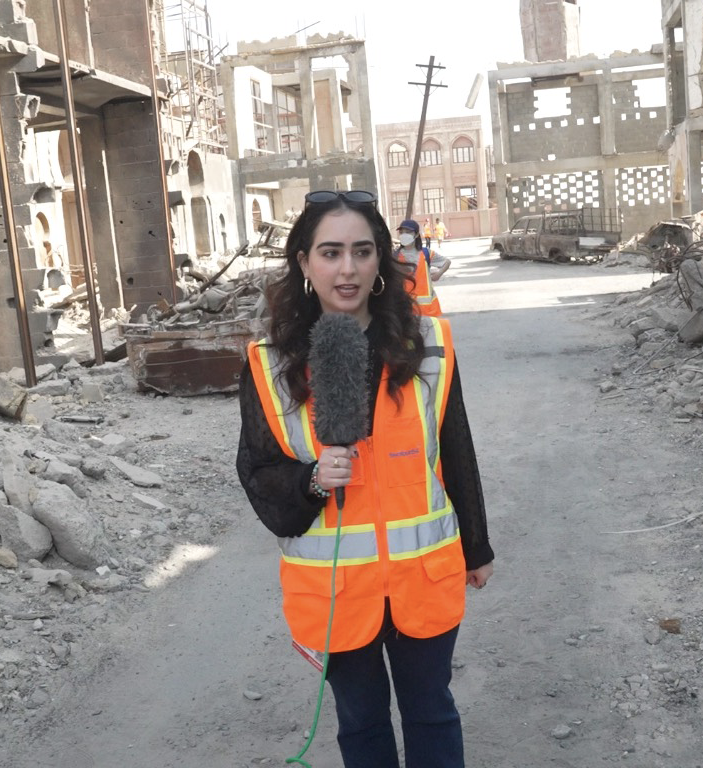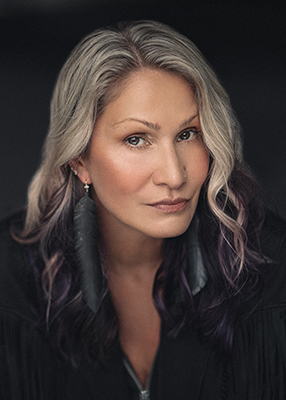Taryn Hardes

Why did you choose your program at UBC and what did you enjoy most about it?
I chose English Literature because I knew I wanted to read and write and figured studying literature was the best way to dig into my passions.
I loved my program – getting to reading books and talk about them for four years was amazing. As a result of my English classes, I realized I liked coming up with ideas and how to communicate them. I started a blog and wrote regularly. I had tons of small classes and great mentors who helped me to get better. By the end of my degree, it was fun to see how much I had progressed.
What were some of your most meaningful experiences at UBC?
My most meaningful experiences at UBC were the relationships I built along the way – friends I’ve kept for over a decade, professors that I still chat with via social media, and mentors that I still count on.
What choices did you make at UBC that contributed to your career success / journey?
I think keeping my minor open allowed me to learn so much that I wouldn’t have otherwise had a chance to experience. I studied linguistics, theatre, philosophy, psychology, and political sciences. Believe it or not, I’ve called on all those subjects throughout my career.
As a freelancer, I do a lot of content marketing for various clients, and you never know what that client will need. Right now, I’m working on a lot of content about workplace culture and environments, so psychology and sociology tie into that subject very closely. The more broad your knowledge is, the more you can pull in and put your client at ease that you’re going to bring sensitivity and understanding to their work.
What was your first job after graduation and what other jobs did you have before your current position?
I started my career as a communications coordinator. Then I became a community manager, a digital marketing manager, and now a digital advisor and content consultant.
As a content strategist, my job is to create a digital content strategy for an organization. That means figuring out what they’re trying to achieve, who they’re trying to reach, what content to produce and what platform to publish on. It could include producing the content itself – anything from blog posts to social media posts to video content. The content strategy supports the client’s overall business and marketing strategy. In the past, I’ve worked for clients in retail / e-commerce, software, marketing, and education.
Is your current career path as you originally intended? What challenges did you face in launching your career?
More or less, yes! I wanted to create content, and that’s what I do. There are always challenges in balancing lifestyle, passion, work, and learning, but I’m working on it.
I had a few internships after graduating in writing and digital content. Then I went back home (to Alberta) and got a communications role for a small industrial company. They trained me – even sending me to conferences in the U.S. Through that job, I met a woman (my colleague’s wife) who runs an agency and began freelancing for her as a content creator. Then I came back to Vancouver to do my Master’s degree and kept freelancing.
What do you like about your current job and what do you find challenging? How does it relate to your degree?
Currently I create content for a variety of clients, and sometimes it feels like being back at UBC writing essays. I still have to come up with theses, self-edit, and click “send.”
From your experience, what has been the value of having an Arts degree?
An Arts degree provides you with a well-rounded education that I personally feel is unique in its ability to apply to a variety of jobs and opportunities. Communication, critical thinking, and speculation are essential skills for any job.
What advice would you give to students and alumni interested in breaking into your industry?
If you want to write, write! I wish I had taken more time back at UBC to self-publish and self-promote. Do what you want to do – all experience is good experience.
My other big piece of advice is to keep meeting and talking to people. I always hesitate to use the term ‘networking’ even though that’s what it is – because it’s not necessarily attending a formal networking event or speaker series – a lot of it is just building relationships with people around you and talking to those people about what you want to do. I’ve also had a lot of different jobs and clients and that’s a great way to network. People are afraid to change their jobs, but for me that’s been an asset, because I’ve managed to build relationships and realize I’m ready for a different experience. Lots of my clients are former employers.
What advice would you give your graduating self?
Don’t be scared to show people your work!
Taryn Hardes



Why did you choose your program at UBC and what did you enjoy most about it?
I chose English Literature because I knew I wanted to read and write and figured studying literature was the best way to dig into my passions.
I loved my program – getting to reading books and talk about them for four years was amazing. As a result of my English classes, I realized I liked coming up with ideas and how to communicate them. I started a blog and wrote regularly. I had tons of small classes and great mentors who helped me to get better. By the end of my degree, it was fun to see how much I had progressed.
What were some of your most meaningful experiences at UBC?
My most meaningful experiences at UBC were the relationships I built along the way – friends I’ve kept for over a decade, professors that I still chat with via social media, and mentors that I still count on.
What choices did you make at UBC that contributed to your career success / journey?
I think keeping my minor open allowed me to learn so much that I wouldn’t have otherwise had a chance to experience. I studied linguistics, theatre, philosophy, psychology, and political sciences. Believe it or not, I’ve called on all those subjects throughout my career.
As a freelancer, I do a lot of content marketing for various clients, and you never know what that client will need. Right now, I’m working on a lot of content about workplace culture and environments, so psychology and sociology tie into that subject very closely. The more broad your knowledge is, the more you can pull in and put your client at ease that you’re going to bring sensitivity and understanding to their work.
What was your first job after graduation and what other jobs did you have before your current position?
I started my career as a communications coordinator. Then I became a community manager, a digital marketing manager, and now a digital advisor and content consultant.
As a content strategist, my job is to create a digital content strategy for an organization. That means figuring out what they’re trying to achieve, who they’re trying to reach, what content to produce and what platform to publish on. It could include producing the content itself – anything from blog posts to social media posts to video content. The content strategy supports the client’s overall business and marketing strategy. In the past, I’ve worked for clients in retail / e-commerce, software, marketing, and education.
Is your current career path as you originally intended? What challenges did you face in launching your career?
More or less, yes! I wanted to create content, and that’s what I do. There are always challenges in balancing lifestyle, passion, work, and learning, but I’m working on it.
I had a few internships after graduating in writing and digital content. Then I went back home (to Alberta) and got a communications role for a small industrial company. They trained me – even sending me to conferences in the U.S. Through that job, I met a woman (my colleague’s wife) who runs an agency and began freelancing for her as a content creator. Then I came back to Vancouver to do my Master’s degree and kept freelancing.
What do you like about your current job and what do you find challenging? How does it relate to your degree?
Currently I create content for a variety of clients, and sometimes it feels like being back at UBC writing essays. I still have to come up with theses, self-edit, and click “send.”
From your experience, what has been the value of having an Arts degree?
An Arts degree provides you with a well-rounded education that I personally feel is unique in its ability to apply to a variety of jobs and opportunities. Communication, critical thinking, and speculation are essential skills for any job.
What advice would you give to students and alumni interested in breaking into your industry?
If you want to write, write! I wish I had taken more time back at UBC to self-publish and self-promote. Do what you want to do – all experience is good experience.
My other big piece of advice is to keep meeting and talking to people. I always hesitate to use the term ‘networking’ even though that’s what it is – because it’s not necessarily attending a formal networking event or speaker series – a lot of it is just building relationships with people around you and talking to those people about what you want to do. I’ve also had a lot of different jobs and clients and that’s a great way to network. People are afraid to change their jobs, but for me that’s been an asset, because I’ve managed to build relationships and realize I’m ready for a different experience. Lots of my clients are former employers.
What advice would you give your graduating self?
Don’t be scared to show people your work!



